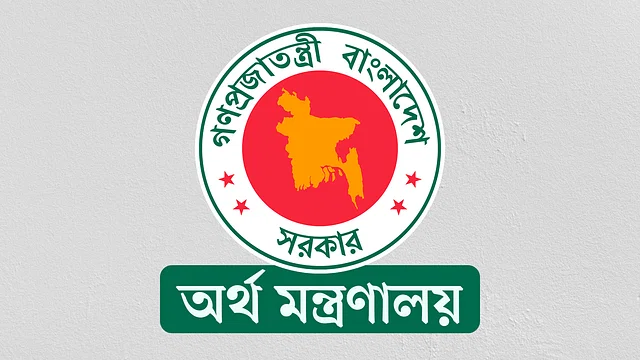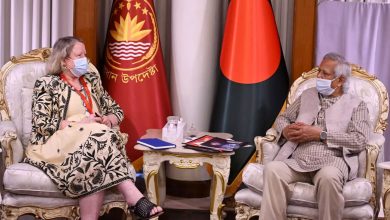Govt to issue bonds to settle dues of fertiliser, power

In response to financial constraints, the government has opted to issue bonds in the market to address the debts incurred by the fertiliser and power sectors.
Commercial banks will be the purchasers of these bonds and, in return, will receive interest. A bond, being a type of financial product, serves as a means for both the government and private sector to borrow money over an extended period.
Given the challenges in revenue collection, the government finds itself unable to provide subsidies in the fertiliser and power sectors. Hence, the current initiative involves the issuance of bonds to address this fiscal gap.
According to sources within the Finance Department of the Ministry of Finance, the bond will be initially released to settle outstanding payments for fertilisers. The treasury and debt management section of the finance division has been actively working on this for the past few days. Subsequently, another bond earmarked for the power sector will be released in the next phase, potentially after the parliamentary elections scheduled for 7 January.
The government reports outstanding dues of approximately Tk 260 billion from both the private sector and government agencies in the fertiliser and power sectors. Among these, the electricity subsidy constitutes Tk 140 billion, while outstanding amounts to Tk 120 billion in fertiliser.
Speaking on the condition of anonymity, an official from the finance division informed Prothom Alo on Tuesday that the import and trade situation is currently unfavourable, leading to a decline in revenue collection. As a result, bonds are being released instead of settling subsidy liabilities in cash. The duration for which the bonds will be issued is yet to be determined.
The country is facing a shortage of US dollars, leading to controlled imports, further impacting revenue collection in the import sector. Additionally, the Value Added Tax (VAT) collection from local sources is progressing slowly. In total, the first five months (July-November) of the current fiscal year 2023-24 witnessed a deficit of Tk 164.59 billion. The total revenue collected during this period amounted to Tk 1.32 trillion.
In response to the financial crisis, Bangladesh Bank initially provided government funding by printing currencies. However, the central bank has since shifted away from this approach due to the escalating inflation. Consequently, the government has chosen to address its financial needs by issuing bonds.
The finance division is expected to issue a notification, potentially by today (Wednesday) or tomorrow (Thursday), to release a special bond, aiming to meet the liabilities of the fertiliser and power sectors. However, sources within the finance department indicate that it will take an additional two weeks for the bond to become effective.
The market price of fertiliser is considerably lower than the purchasing cost from importers and producers, and a similar scenario exists for electricity. The government subsidises the gap between these costs. Over the past several months, the government has faced challenges in settling its dues in the fertiliser and power sectors.



